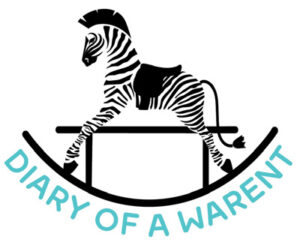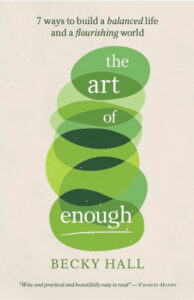
by Rachael House
Partner, Dutton Gregory
Contrary to what we may see on television, when couples divorce or dissolve a civil partnership, there are not many people who say to their lawyers “I want to take my ex to the cleaners!”. In my experience the majority of people say the opposite: “I want to be fair but get what I am entitled to”. In that circumstance, I commend my client for their sensible outlook and discuss with them the ways that settlement can be achieved without going to court.
We will then attempt to engage the spouse/civil partner in an out of court route such as mediation, the collaborative process, round table meetings, arbitration, a private financial dispute resolution hearing or early neutral evaluation. This list of options has grown in recent years, so there are plenty of routes to keep people away from the overworked and underfunded courts.
Despite all the options, it can sometimes become apparent that each party’s perception of what is fair can differ, or one party is an ostrich and does not engage in any meaningful negotiations. This can result in a stalemate in negotiations. Thus, an application to the Family Court to ask a Judge to make decisions for the couple can sometimes seem the only way forward. This can result in the parties both having an outcome imposed upon them that neither of them is happy with. Furthermore, each person will have spent many thousands of pounds in legal fees and may be stuck in the court system for a number of years.
If the above is not enough to put people off going to court, there is now even more of a deterrent in the form of two new elements being applied to the process in 2024:
1 Parties to court proceedings will need to let the court know what their thoughts are on trying to reach settlement outside of the court process, rather than staying within the court arena. If they do not wish to negotiate out of court, then they have to justify why they should not have to go and try an out of court route. If the Judge is not satisfied with the answer, an order can still be made to send the couple off to try and progress matters outside of the court arena.
Furthermore, if the Judge is not satisfied with a party’s engagement, they can make that person pay towards the other person’s legal costs. The court has long been trying to get couples to engage in out of court processes, and so is formalising the process from April so that couples will need to be much more alive to the risk of paying even more money to their ex if they show no interest in trying to move their disagreement away from the court.
2 The press will be allowed to report on court hearings. Initially just in proceedings concerning disputes over children – but this is expected to extend to financial proceedings in due course. This will be subject to strict rules on not naming the parties. There has been a pilot in place across a number of courts in England and Wales, but as from 29th January it has been extended to include 16 more courts including Guildford.
Imagine feeling nervous already about going to court but then having a journalist gawping at you as they type every word on their laptop, hoping for a juicy snippet of detail to entice their readers about the way the relationship has failed.
If your relationship has broken down and you are wondering what the difference is between the out of court routes, here is a summary:
Mediation – a third independent party helps couples reach a negotiated agreement.
Collaborative process – negotiations face to face with lawyers and a firm commitment to try and stay away from court.
Round table meetings – negotiations face to face with lawyers.
Arbitration – a jointly appointed arbitrator makes a decision that will be binding on the couple and become a court order but is more flexible and much quicker than court.
Private dispute resolution hearing/early neutral evaluation – the assistance of a specially trained person acting as a judge identifies and seeks to resolve the issues in the case, with the aim of limiting overall legal costs and time delays.
I know there will still always be situations where court is unavoidable. However, I hope that more people will become aware that going to court to resolve their issues is fraught with risk as to the uncertainty of outcome, speed, cost and privacy.
Rachael House is a specialist family solicitor at Dutton Gregory so if you want advice, then please contact Rachael House on 01483 755609 or r.house@duttongregory.co.uk




 isten when their siblings say no to them entering their room. Emphasising that we also want to respect other people’s boundaries and giving them the language around boundaries is also really helpful. A boundary might not always sound like the word “no”, it can be “That doesn’t work for me”, or “I don’t like the sound of that,” and when you understand that this is someone conveying their boundaries, not only do they have phrases to listen out for but they have the same phrases they can use themselves.
isten when their siblings say no to them entering their room. Emphasising that we also want to respect other people’s boundaries and giving them the language around boundaries is also really helpful. A boundary might not always sound like the word “no”, it can be “That doesn’t work for me”, or “I don’t like the sound of that,” and when you understand that this is someone conveying their boundaries, not only do they have phrases to listen out for but they have the same phrases they can use themselves.
 For those of us ‘warenting’ our way through life, impossibly striving to be perfect parents AND perfect professionals, remember that success belongs to YOU. It’s yours to define. Own it.
For those of us ‘warenting’ our way through life, impossibly striving to be perfect parents AND perfect professionals, remember that success belongs to YOU. It’s yours to define. Own it.















